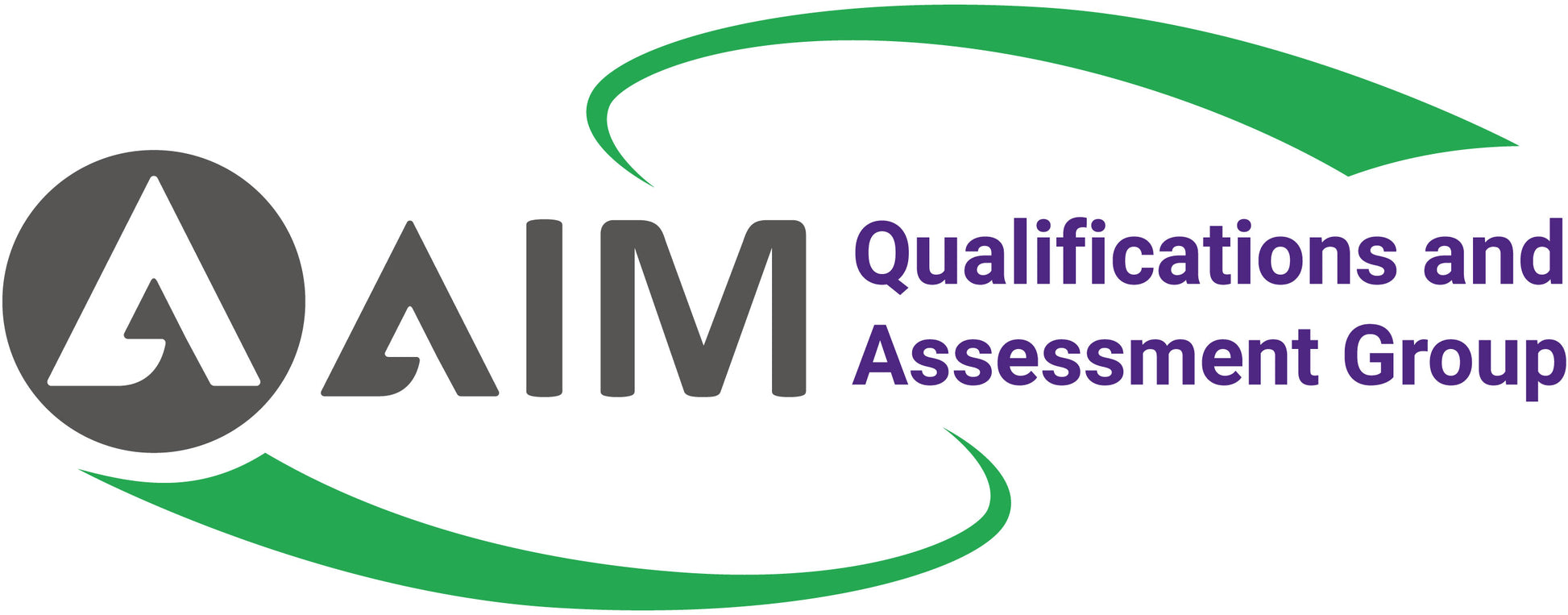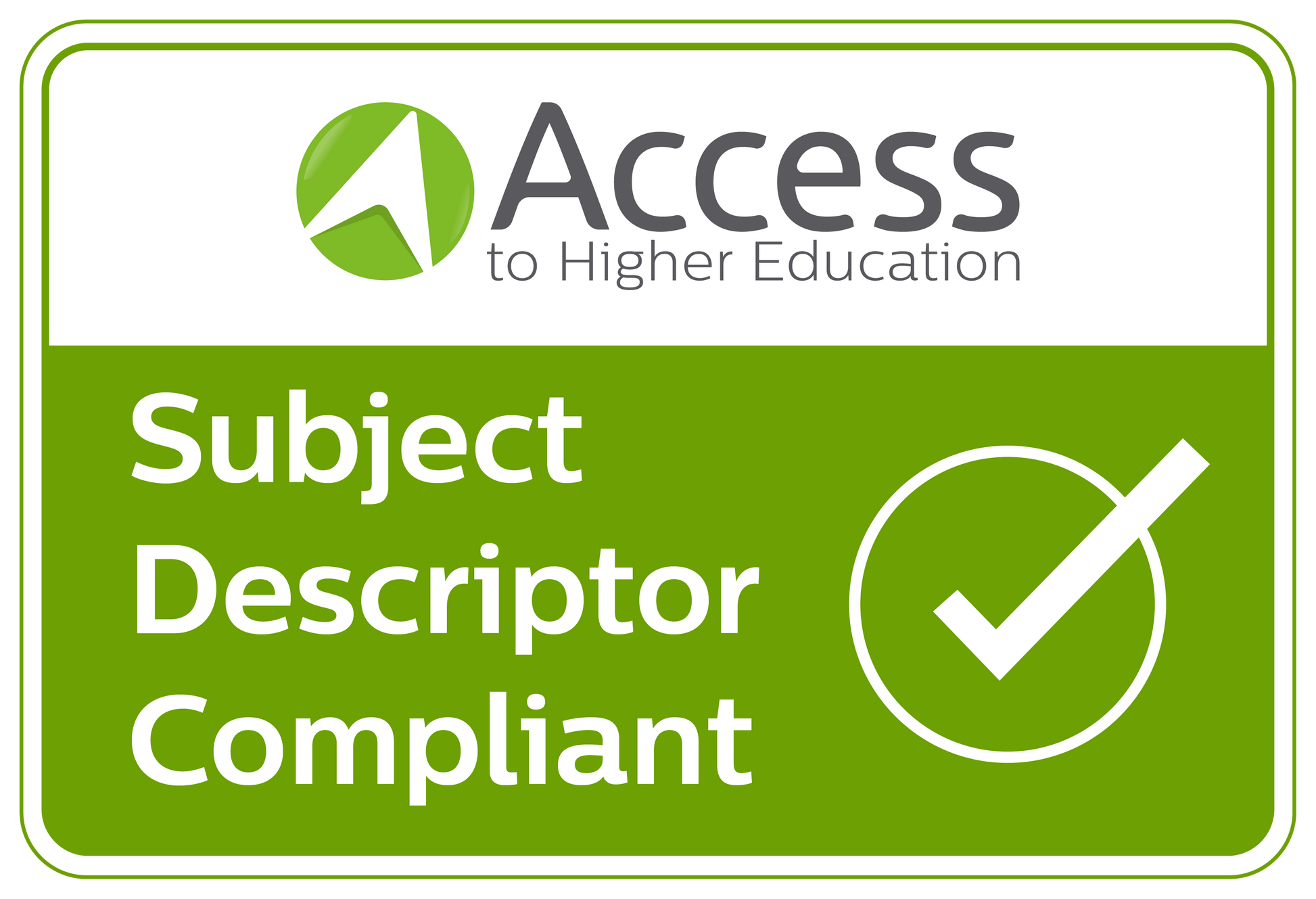AccessCoursesOnline
Access to Higher Education Diploma (Nursing)
Access to Higher Education Diploma (Nursing)
Couldn't load pickup availability
Course Outline
Course Outline
Our Access to Higher Education Diploma Nursing is designed to provide aspiring healthcare professionals with the essential knowledge and skills needed for a successful career in nursing and healthcare. Whether you aim to become a registered nurse, healthcare assistant, or pursue further studies in health sciences, this course lays a strong foundation for higher education and professional practice. Throughout the course, you will gain a deep understanding of human anatomy and physiology, exploring key systems such as the Skeletal and Muscular Systems, Respiration and Circulation, the Nervous System, and the Urinary System. You’ll also study Human Cell Biology and Homeostasis, equipping you with essential biological knowledge that underpins modern nursing practices. A vital aspect of healthcare is understanding illness prevention and treatment, which is covered in units such as Human Disease & Prevention and Nutrition & Digestion. You’ll also explore Health Promotion, learning how nurses play a key role in educating patients and communities on maintaining well-being and preventing illness. Beyond clinical knowledge, this course delves into the Structure & Organisation of the Health and Social Care Sectors and the Roles & Responsibilities of the Registered Nurse, helping you understand the wider healthcare landscape and the essential professional behaviours expected in nursing and health professions. Additionally, you’ll examine the History of the NHS, providing valuable insight into the evolution of healthcare in the UK. With a Research Topic unit, you’ll develop independent learning and analytical skills, preparing you for the academic demands of higher education. Upon completion, you will be well-equipped to progress into nursing degrees and careers within the healthcare sector, including adult, mental health, and pediatric nursing and allied health professions. This course is your first step towards a fulfilling and impactful career in healthcare.
Modules
Modules
To complete your Access to Higher Education Diploma (Nursing), you’ll need to achieve:
- 45 graded credits at Level 3 in academic subject areas
- 15 ungraded credits at either Level 2 or Level 3, focusing on essential skills for success
Study Skills
- Academic Study Techniques – Build essential study skills to prepare for university
- Professional Behaviours in Nursing and Health Professions – Understand key professional values and responsibilities
- Progressing to Higher Education – Get guidance on taking the next step in your nursing journey
- Numeracy in a Health Context – Develop essential maths skills for healthcare settings
Human Biology
- Human Cell Biology – Explore the structure and function of cells
- Nutrition & Digestion – Learn about dietary needs and the digestive system
- Human Disease & Prevention – Understand common diseases and methods of prevention
- Respiration and Circulation – Study the respiratory and cardiovascular systems
- Homeostasis and the Endocrine System – Learn how the body maintains balance
- The Human Skeletal and Muscular Systems – Understand movement and body structure
- The Nervous System – Explore brain function and neural communication
- The Urinary System – Learn about kidney function and waste removal
Health Studies
- The Roles & Responsibilities of the Registered Nurse – Understand the duties and expectations of nursing professionals
- Health Promotion – Learn strategies to improve public health
- The Structure & Organisation of the Health and Social Care Sectors – Gain insight into the UK healthcare system
- The History of the National Health Service – Explore the development of the NHS
Related Studies
- Research Topic – Develop analytical and investigative skills in a healthcare subject of your choice
This course is designed to help you develop essential nursing skills, build confidence, and prepare for university. By the time you finish, you’ll have a strong foundation for your nursing degree and career in healthcare!
Click on any module title to learn more about that specific module. Each one is designed to help you develop key knowledge and skills for your nursing journey. We’re here to support you every step of the way!
Enrolment Requirements
Enrolment Requirements
There are no formal entry requirements for students applying for the Cambridge Online Education Access to H.E. Diplomas. Tutors are nevertheless, required to ensure that learners admitted onto the Diploma possess the necessary skills and personal qualities to cope with the demands of the course. The AVA expects centres to establish that candidates normally operate to at least Level Two in English and Level One in Mathematics before being accepted onto a course leading to the Diploma. In addition, Cambridge Online Education will be providing advice and guidance about the demands of the course and to establish that applicants show appropriate levels of commitment and motivation.
Assessments
Assessments
All Access to HE Diplomas require the achievement of 60 credits. 45 of the 60 credits must be graded at Level 3 (pass, merit or distinction). Such credits will arise from the Academic Subject Content Modules. The remaining 15 credits are ungraded and can be achieved at either Level 2 or Level 3. Students may only be registered against units with a maximum combined total credit value of 60. The length of time required for a learner to complete their diploma, for all Access to HE Diplomas the notional learning hours are 600. Notional learning hours comprise all learning that may be relevant to the achievement of the learning outcomes including directed and private study, practical and project work, assignments and assessment time. The assessment methods used for each unit of your course will be detailed in the Programme Handbook. Your tutor will provide you with formative feedback and provisional grades. Your grades will be then evaluated by the Examination Board. Final grades will be released to students after the External Moderation Visit.
Qualification
Qualification
On successful completion of the course, you will receive a QAA recognised Access to Higher Education Diploma (Nursing) at level 3 awarded by the Aim Qualifications and Assessment Group.
Aim Qualifications and Assessment Group are a national Awarding Organisation, regulated by the Quality Assurance Agency for Higher Education (QAA) and Qualifications Wales, to develop and award nationally recognised qualifications. Cambridge Online Education is a fully accredited education provider for this qualification
Careers
Careers
After completing the Access to Higher Education Nursing Diploma, you can then continue your education or seek employment in the following fields:
- Adult nurse
- Children's nurse
- Health play specialist
- Health visitor
- High intensity therapist
- Learning disability nurse
- Mental health nurse
- Paramedic
- Physician associate
- Counsellor
- Further education health teacher
- Genetic counsellor
- Health service manager
- Higher education health lecturer
- Medicinal chemist
- Play therapist
- Police officer
- Social worker
As different universities have different entry requirements, you are strongly advised to check these requirements with your chosen tertiary education provider. Our expert career advisers are always happy to provide their guidance and support.
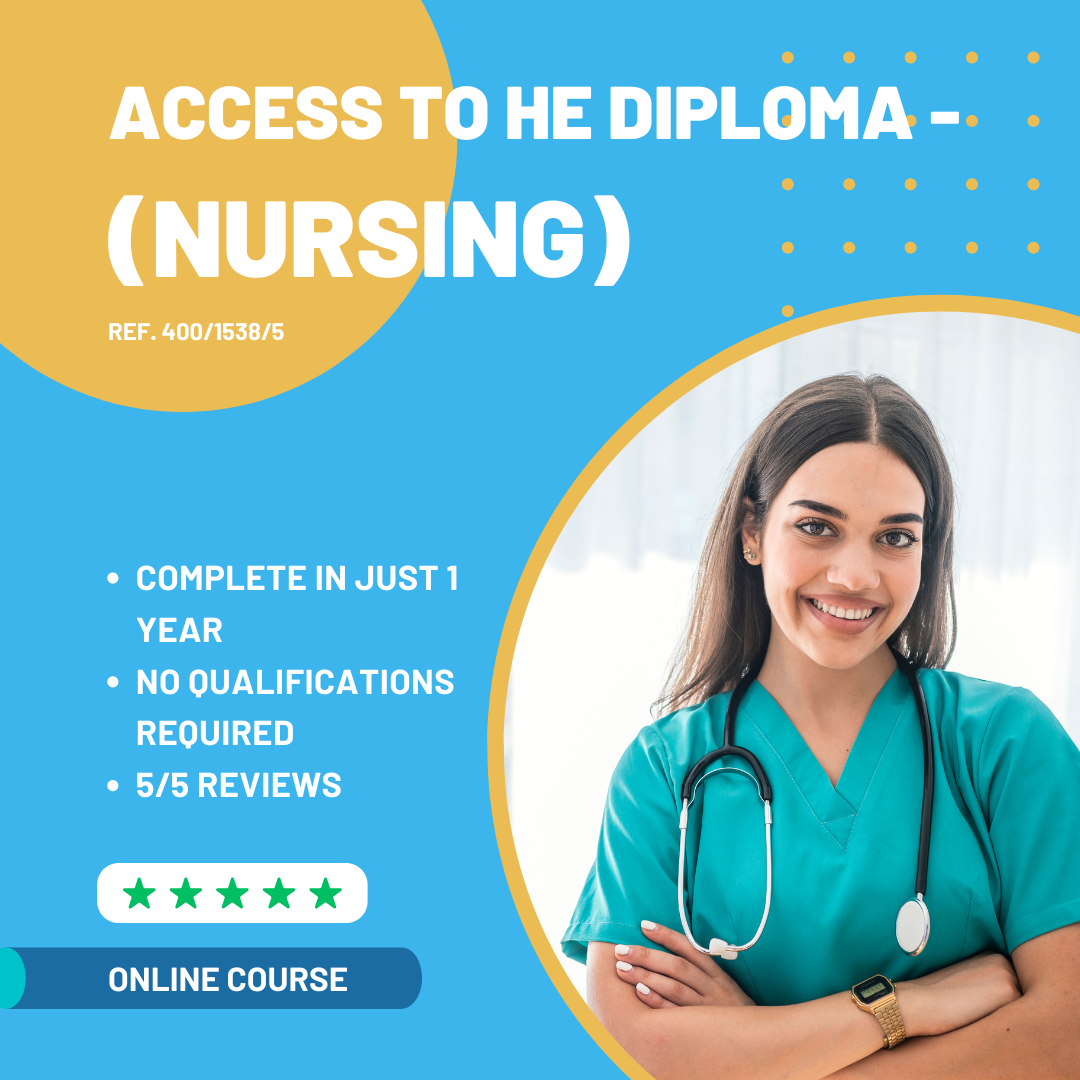

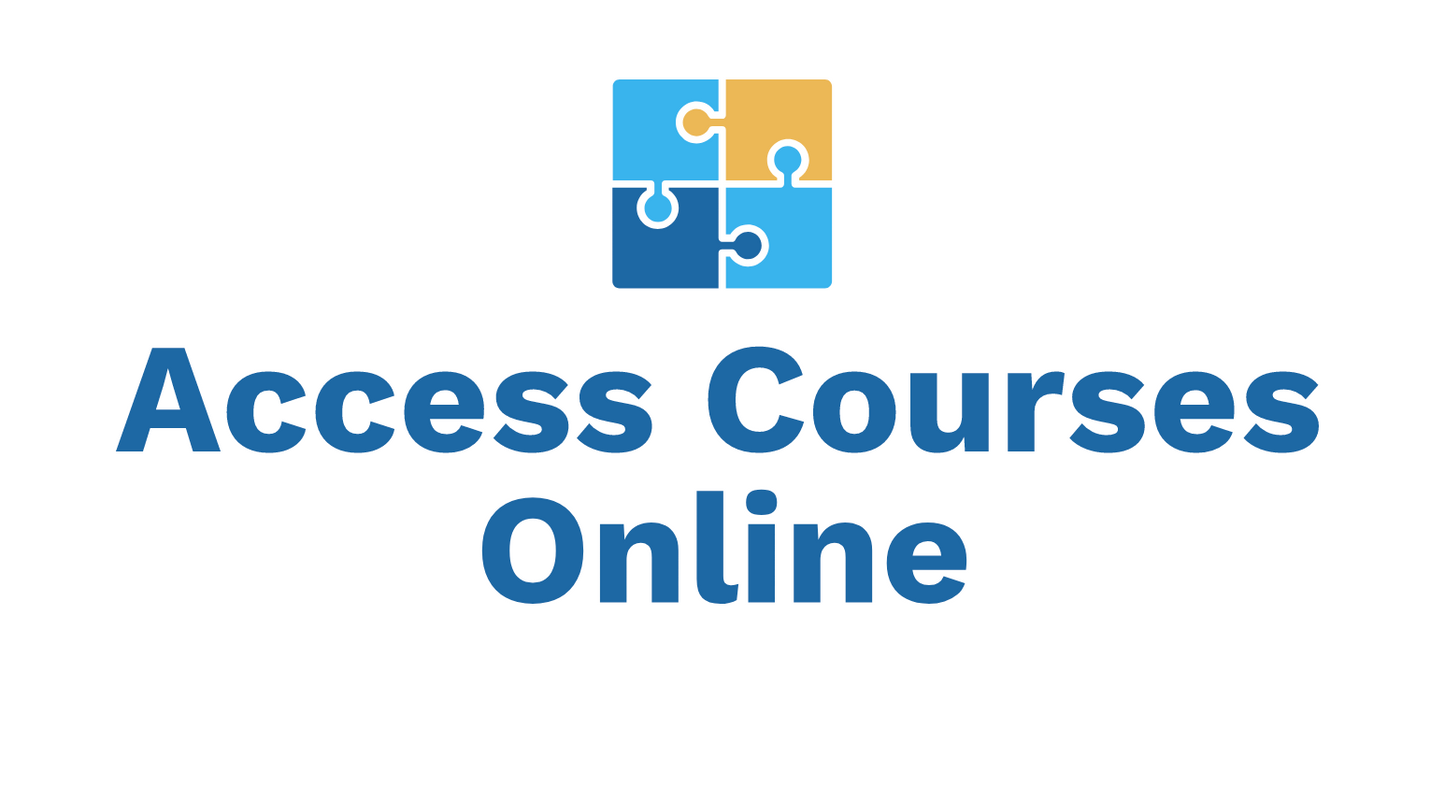
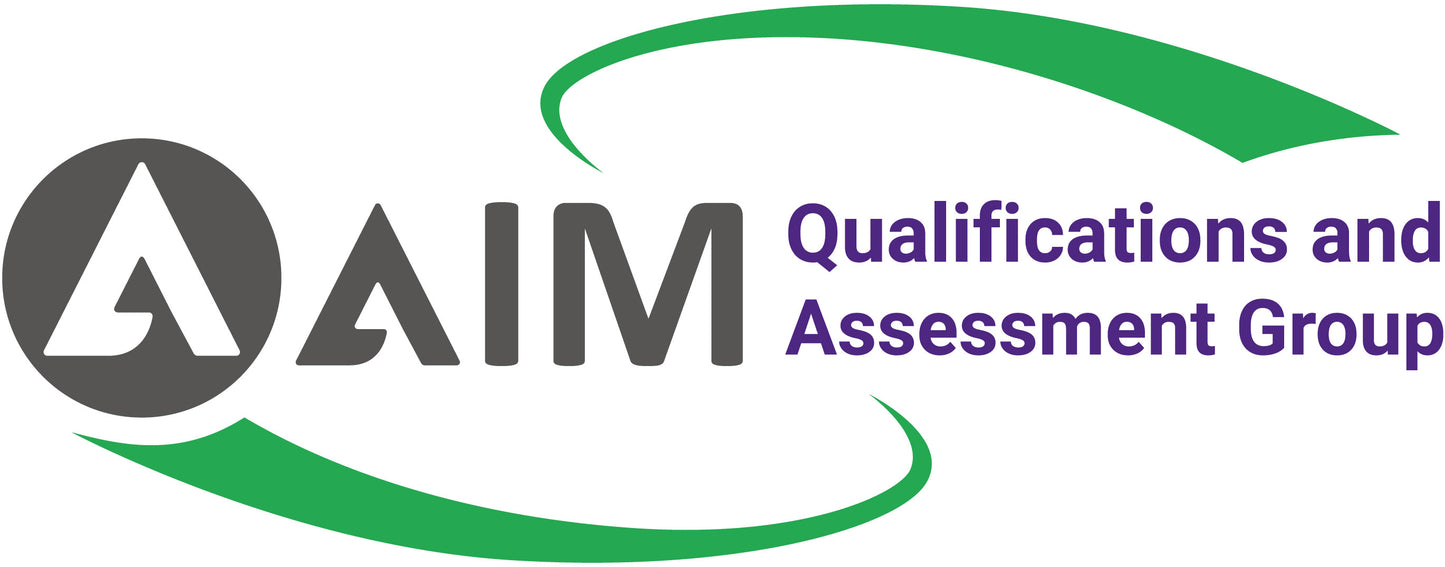
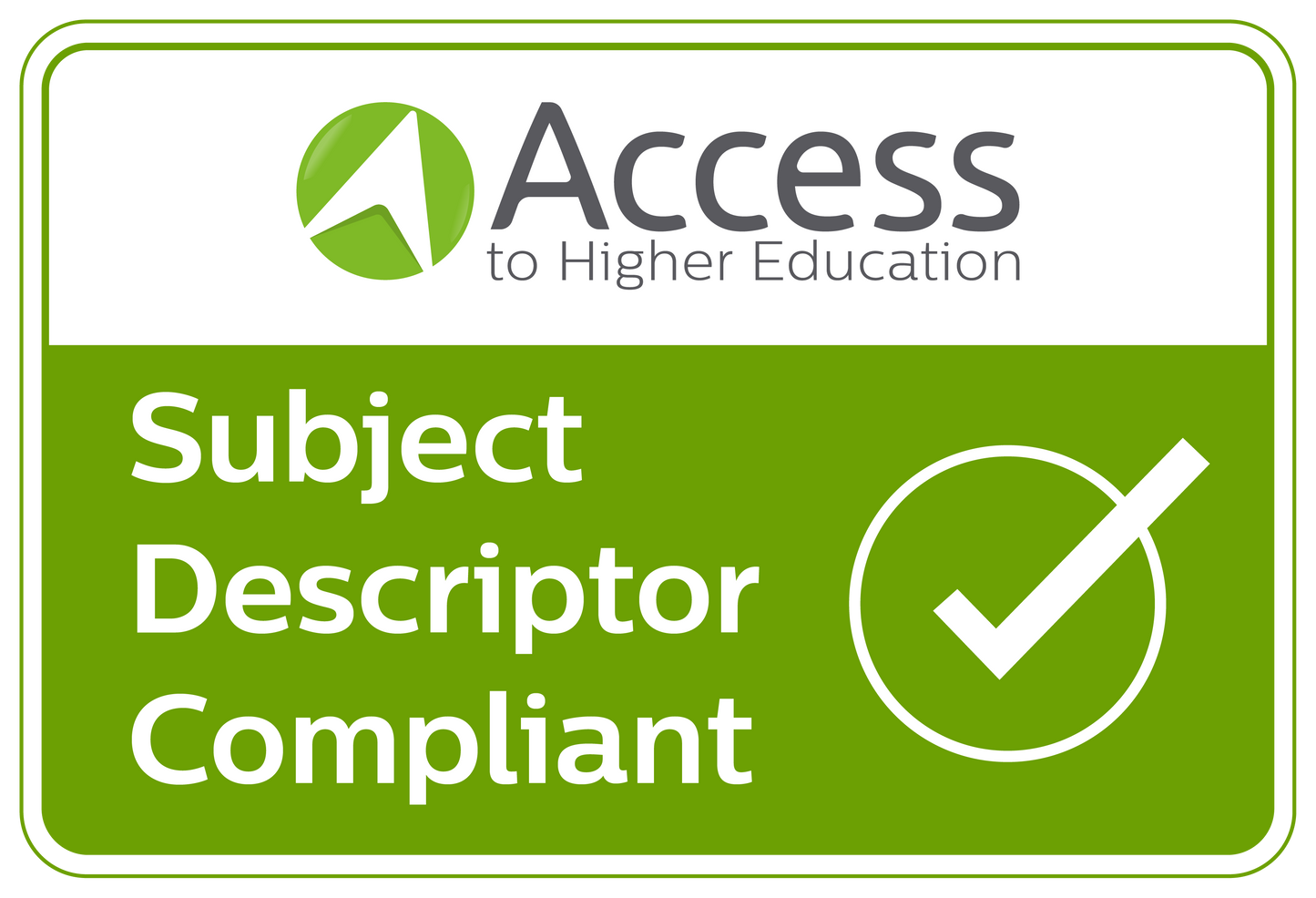
Our Guarantees
-

Affordable Learning
We offer flexible payment plans to make learning more accessible and affordable. Spread the cost of your course over manageable monthly payments, so you can focus on achieving your goals without financial stress.
-
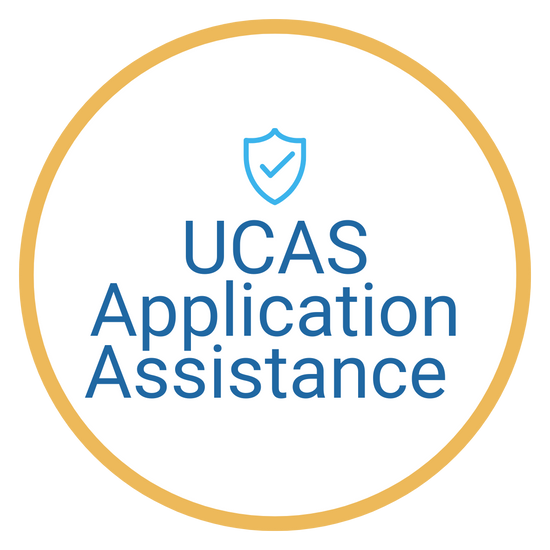
Application Support
We provide UCAS application support to help you navigate the university admissions process with confidence. From personal statement guidance to application tips, we’re here to support your journey to higher education.
-
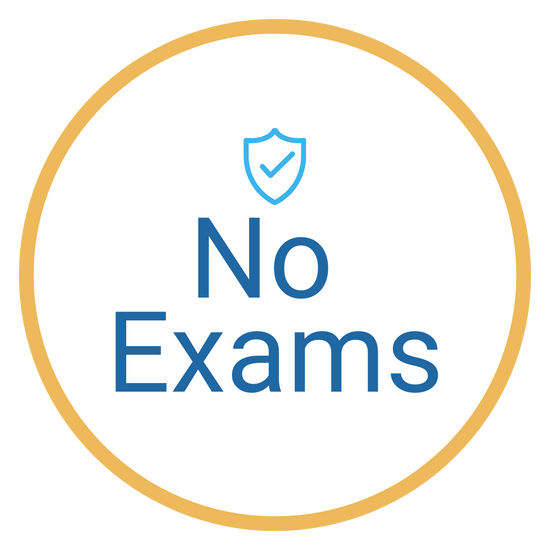
Exam Free Learning
Our courses are completely exam free. Instead of exams, you'll complete assignments and coursework designed to develop your knowledge and skills in a supportive and flexible learning environment.
FAQ Science and Healthcare
MIdwifery
Where can I get specific information on Midwifery and careers?
Try the following link to see from NHS directly further links and questions they explore:
https://www.healthcareers.nhs.uk/explore-roles/midwifery/faqs-midwifery/faqs-about-careers-midwifery
Tutoring
Who will be my Tutor?
We have professionals that are current in their practice of their chosen fields to support you. For example, you will be able to take directly to a Midwife/Nurse and get guidance and support directly from these professionals as you complete your course.
This is on top of a Faculty Leader in Science who has worked as a Science Teacher for more than 10 years.
Will I get some 1:1 support?
Yes! We help our students personally navigate their career options with online video calls and messenger chats.
We provide 1-1 specialist support to you when you need it.
Working in partnership with you, we will provide a personal service of meeting individual educational needs and career options.
Experience
Do I need to be ‘good’ at science?
You experience of science at school will likely be in an exam-based system that places high importance on being able to remember knowledge and ‘perform’ under exam conditions. This course is completely different, instead of covering vast discipline of science this course focussing on the key foundation knowledge that you’ll need in the next step of your learning journey. Teaching difficult concepts is our expertise, we will meet you where you are and get you where you need to be. By the end of the course, you’ll love science and have produced some useful learning resources to take you into your next stages of study.
I’m anxious about sitting exams, will I have to sit exams either face-to-face or online?
This course is completely online, and you’ll be glad to hear that there are no exams. The course leader will assess your understanding and knowledge of the subject but setting you assessments with clear criteria and assessment descriptors. You will submit your assignment for grading, either ‘pass’, ‘merit’ or ‘distinction’.
I’m nervous to present or talk to the group online, will I be forced to do this?
We will meet you where you are, if you want to develop this skill ready for university then we can arrange smaller group sessions or one-to-one sessions to support you, or you can choose an alternative format for your presentation. We want you to feel comfortable and supported on this course.
University
Will I have support applying for university?
Absolutely, we will hold your hand every step of the way, you can talk to us about course choices, we’ll help proofread your personal statement, provide references. As promised, we will get you to university.
I haven’t decided which exact route I’d like to take within the profession, does it matter?
No, not at all, we’ll introduce you to a number of different professionals within the health services so you can hear about their journey, experience and careers.
Lessons
Will I have to do practical experiments at home?
The investigation skills unit is based around a practical investigation of red peppers. The equipment that you’ll need is limited to things you’d find in your kitchen but you don’t need to carry out the investigation yourself if you don’t want to as your course leader will demonstrate it.
What are the assignments like?
We set a variety of assignments that will set you up with skills that will be useful in your future studying and career. We encourage essay writing with referencing, but don’t worry, we’ll show you how! We also set presentations, video tasks, leaflet and poster design and we show you how to use great free tools like Canva to make it super easy.
Do I have to attend live lessons and switch my camera on?
No, not at all. Many of our students are busy people working shifts and managing several commitments. You can watch the session recordings and then arrange a time to meet with your tutor to ask any questions or get further support. As for the camera, switch it on if you feel comfortable, don’t worry if not. We’ve created a culture of supportive and collaborative students in our online community, but all approaches are respected and accepted. Do what makes you feel comfortable.




